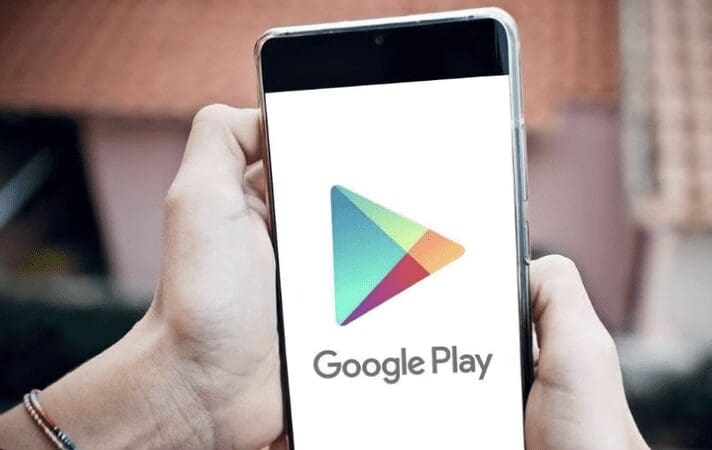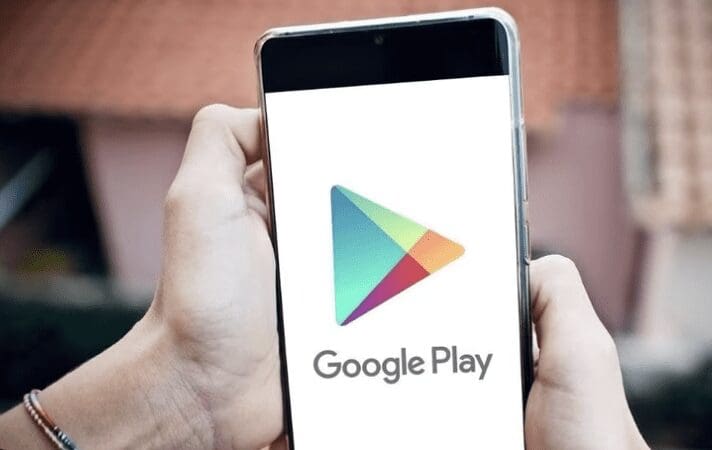Delaware is part of a national $700 million agreement with Google in its lawsuit about Google’s anticompetitive conduct with the Google Play Store.
The settlement involved Attorney General Kathy Jennings and a bipartisan group of 52 other attorneys general.
Google will pay $630 million in restitution, minus costs and fees, to consumers who made purchases on the Google Play Store between August 2016 and September 2023 and were harmed by Google’s anticompetitive practices.
Google will also pay the states an additional $70 million for their sovereign claims.
People eligible for restitution do not have to submit a claim – they will receive automatic payments through PayPal or Venmo, or they can elect to receive a check or ACH transfer.
More details about that process will be announced in the future.
The agreement also requires Google to make their business practices more procompetitive in a number of important ways:
- Give all developers the ability to allow users to pay through in-app billing systems other than Google Play Billing for at least five years.
- Allow developers to offer cheaper prices for their apps and in-app products for consumers who use alternative, non-Google billing systems for at least five years.
- Permit developers to steer consumers toward alternative, non-Google billing systems by advertising cheaper prices within their apps themselves for at least five years.
- Not enter contracts that require the Play Store to the be the exclusive, pre-loaded app store on a device or home screen for at least five years.
- Allow the installation of third-party apps on Android phones from outside the Google Play Store for at least seven years.
- Revise and reduce the warnings that appear on an Android device if a user attempts to download a third-party app from outside the Google Play Store for at least 5 years.
- Maintain Android system support for third-party app stores, including allowing automatic updates, for four years.
- Not require developers to launch their app catalogs on the Play Store at the same time as they launch on other app stores for at least four years.
- Submit compliance reports to an independent monitor who will ensure that Google is not continuing its anticompetitive conduct for at least 5 years.
“Today’s agreement is a victory not only for the consumers affected by Google’s illegal monopoly, but for every consumer who benefits from a healthy market — including strong antitrust laws,” Jennings said. “Delaware fought hard to secure substantial monetary damages and real changes in Google’s business practices that will help restore a more open and competitive marketplace. I’m grateful to our team and to our sister states who made it happen.”
The attorneys general sued Google in 2021 alleging that the company unlawfully monopolized the market Android app distribution and in-app payment processing.
Specifically, the states claimed that Google signed anticompetitive contracts to prevent other app stores from being preloaded on Android devices, bought off key app developers who might have launched rival app stores, and created technological barriers to deter consumers from directly downloading apps to their devices.
The case was settled in the United States District Court Northern District of California’s San Francisco Division.

Raised in Doylestown, Pennsylvania, Jarek earned a B.A. in journalism and a B.A. in political science from Temple University in 2021. After running CNN’s Michael Smerconish’s YouTube channel, Jarek became a reporter for the Bucks County Herald before joining Delaware LIVE News.
Jarek can be reached by email at [email protected] or by phone at (215) 450-9982. Follow him on Twitter @jarekrutz
Share this Post





